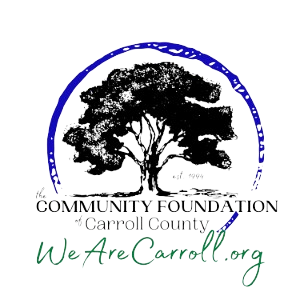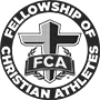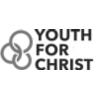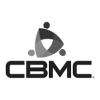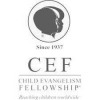Pentecostal and Charismatic Traditions
Name: The term “pentecostal” highlights the focus on the coming of the Spirit in Acts 2 at Pentecost. “Charismatic” derives from the Greek word charisma, which means “gift” and most relevantly refers to the gifts given by the Spirit (see Rom. 12; 1 Cor. 12).
History: Pentecostal themes can be traced back to early-19th-century movements like the Wesleyan-Holiness tradition and the Higher Life movements. However, the two most prominent events identified as the beginning of modern Pentecostalism are revivals in the early 1900s: one at Bethel Bible College in Topeka, Kansas, and another at the Azusa Street Mission in Los Angeles. Here is a brief essay on Pentecostal theology.
What Church Is Like: While Pentecostal churches will share some common church practices like singing, preaching, baptism, the Lord’s Supper, and receiving offerings, these churches may include times for giving prophecies along with those who speak in tongues and interpret them.
Polity: Pentecostal churches are congregationalists. They may be independent congregations or local congregations that associate with other like-minded churches (“cooperative fellowships”). However, the Charismatic movement will adapt to the specific church polity of its denomination.
Distinctives:
- Pentecostals tend to follow the Wesleyan tradition, though some versions may hold to a more Calvinistic view of salvation.
- Due to its rapid growth in the Global South (South America, Africa, and Asia), Pentecostalism is one of the most ethnically diverse Christian traditions in the modern era.
- One key distinctive of Pentecostals is the doctrine of baptism in the Holy Spirit that occurs after conversion. A person who has already been born again should seek to receive empowerment by the Spirit for ministry.
- Pentecostals believe all the gifts of the Spirit mentioned in Paul’s letters continue, including the miraculous gifts like healings and speaking in tongues.
- Pentecostals can tend to downplay reason and tradition while focusing on Scripture and experience when doing theology.
Famous Figures: Charles Fox Parham, William Seymour, Aimee Semple McPherson, J. Rodman Williams, Gordon Fee, Amos Yong.
Related Groups: Pentecostalism has grown rapidly and adapted to its environment, so not all can be listed in such a brief guide. Here are a few representative groups.
- Assemblies of God is the largest Pentecostal denomination globally.
- Church of God in Christ is a historically black denomination within Pentecostalism.
- United Pentecostal Church International is one of several “Oneness Pentecostal” denominations that reject the Trinity as traditionally defined.
- The Charismatic movement seeks to bring renewal with Pentecostal distinctives to various denominations and churches mentioned above.
- The Calvary Chapel movement was started by Chuck Smith and is evangelical and moderately Pentecostal. Chuck Smith was one of several leaders associated with the rise of the Jesus movement.



